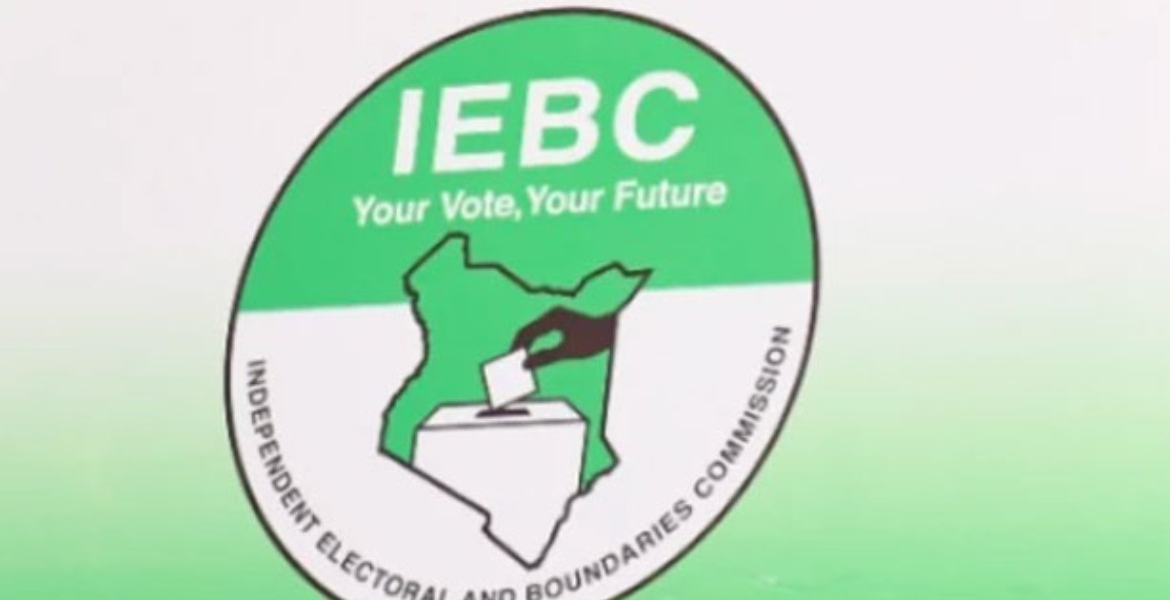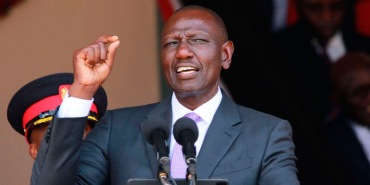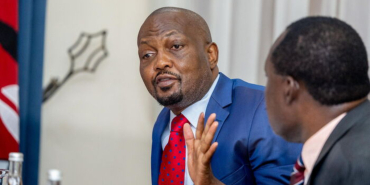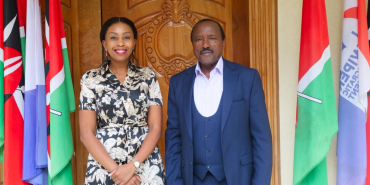IEBC Nominees Face Court Battle Over Alleged Partisan Affiliations

The reconstitution of Kenya's Independent Electoral and Boundaries Commission (IEBC) is facing significant headwinds as a legal challenge filed in the High Court threatens to derail the process and potentially compromise the commission's operational capacity.
The petition, brought forth by citizens Kelvin Roy Omondi and Boniface Mwangi, contests the suitability of four nominees selected by President William Ruto, alleging violations of political neutrality and procedural irregularities in their selection. The lawsuit specifically targets Erastus Edung Ethekon, the proposed chairperson, along with nominees Hassan Noor Hassan, Mary Karen Sorobit, and Anne Nderitu.
The petitioners argue that these individuals are ineligible due to alleged political affiliations, prior bids for elective office in 2022, or failure to resign from state positions before nomination. These factors, they contend, compromise their ability to serve as impartial arbiters of elections. This legal challenge arrives as Parliament prepares to vet the nominees, adding complexity to an already contentious process.
The petitioners claim that the appointment process violated provisions of the IEBC (Amendment) Act, 2024, and the National Dialogue Committee (NADCO) Report, which require consultation with opposition stakeholders. They also raise concerns about regional representation, claiming that areas like Upper and Lower Eastern Kenya were excluded from consideration during the nomination process.
Court documents further reveal that the selection panel had proposed additional candidates—Edward Katama Ngeywa for the chairperson role, alongside Phillip Kakai and Joseph Kyavoa for commissioner positions—whom President Ruto ultimately declined to nominate without public explanation. This decision is now being questioned in court. The core of the controversy centres on whether the selection process adhered to merit-based principles.
The petition asserts that some nominated individuals did not achieve high scores during their interviews and that the final shortlist was altered in a manner that may have undermined fairness. Additionally, the petitioners allege that key reports on the interviews were not made accessible to the public, violating constitutional transparency requirements. The IEBC (Amendment) Act mandates that at least five commissioners must be present for the body to conduct official business.
Justice Lawrence Mugambi is set to preside over the legal proceedings, with an oral hearing scheduled for today. The Attorney-General, Head of Public Service, and National Assembly, named as respondents in the suit, have yet to file formal responses.








Add new comment